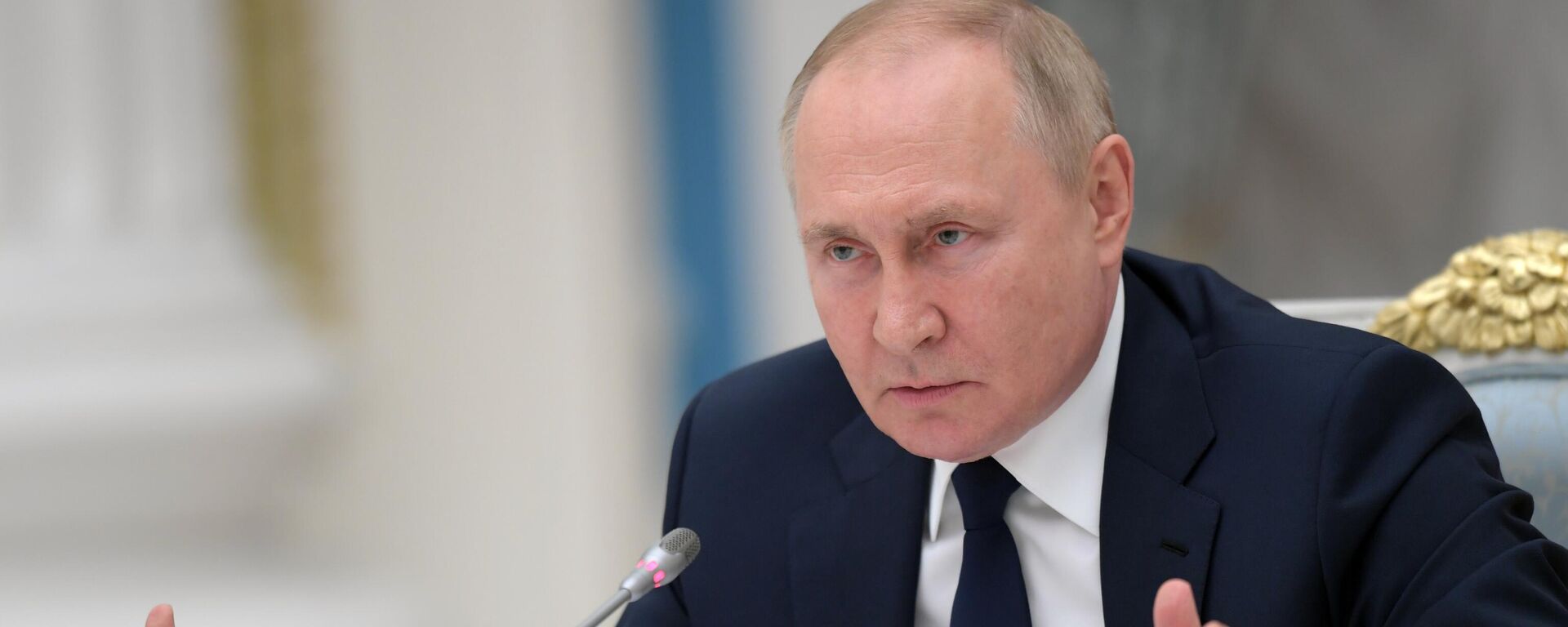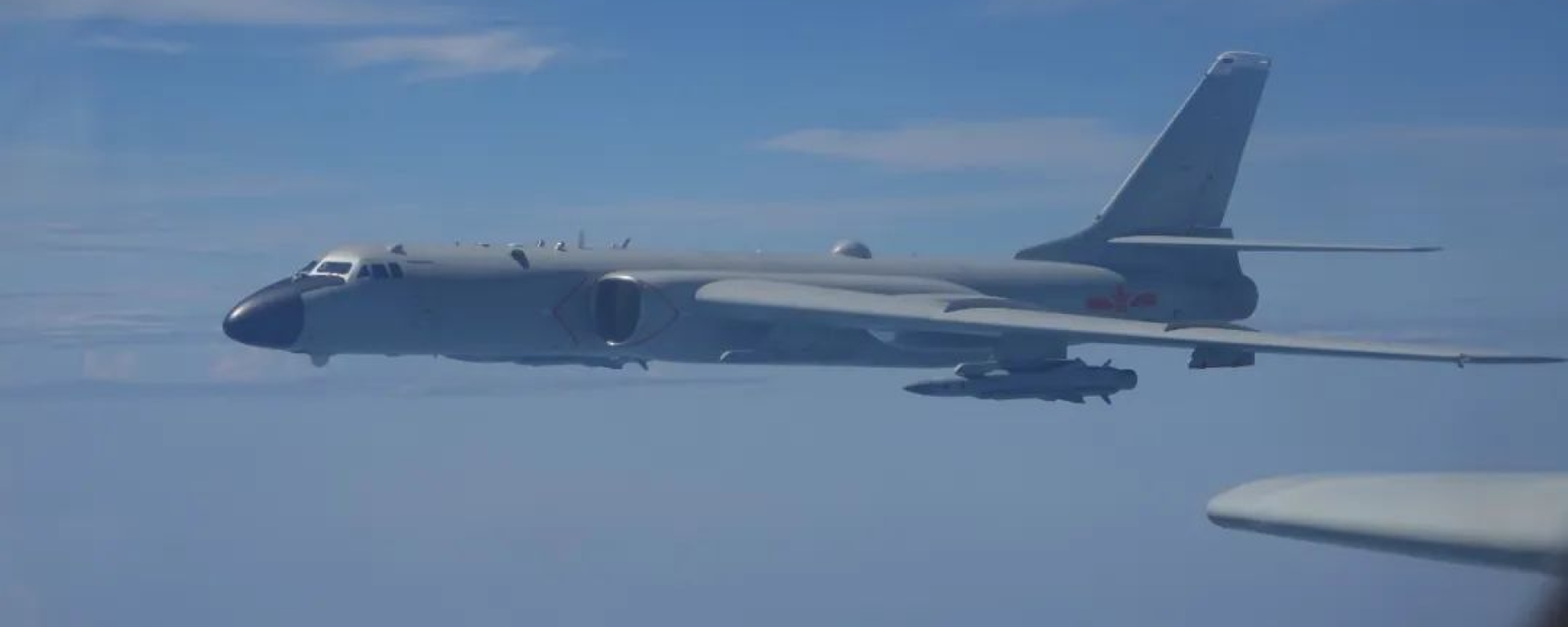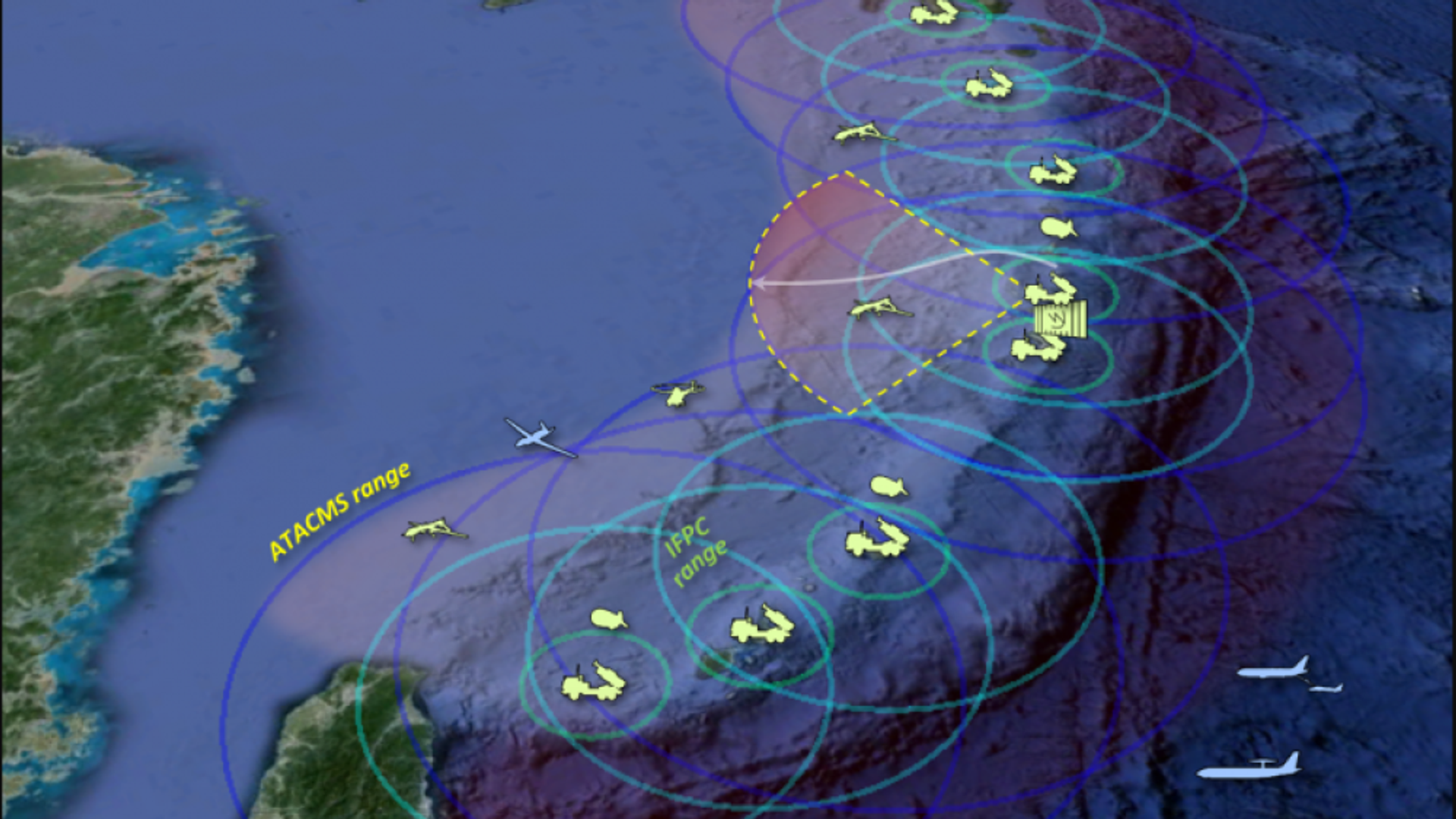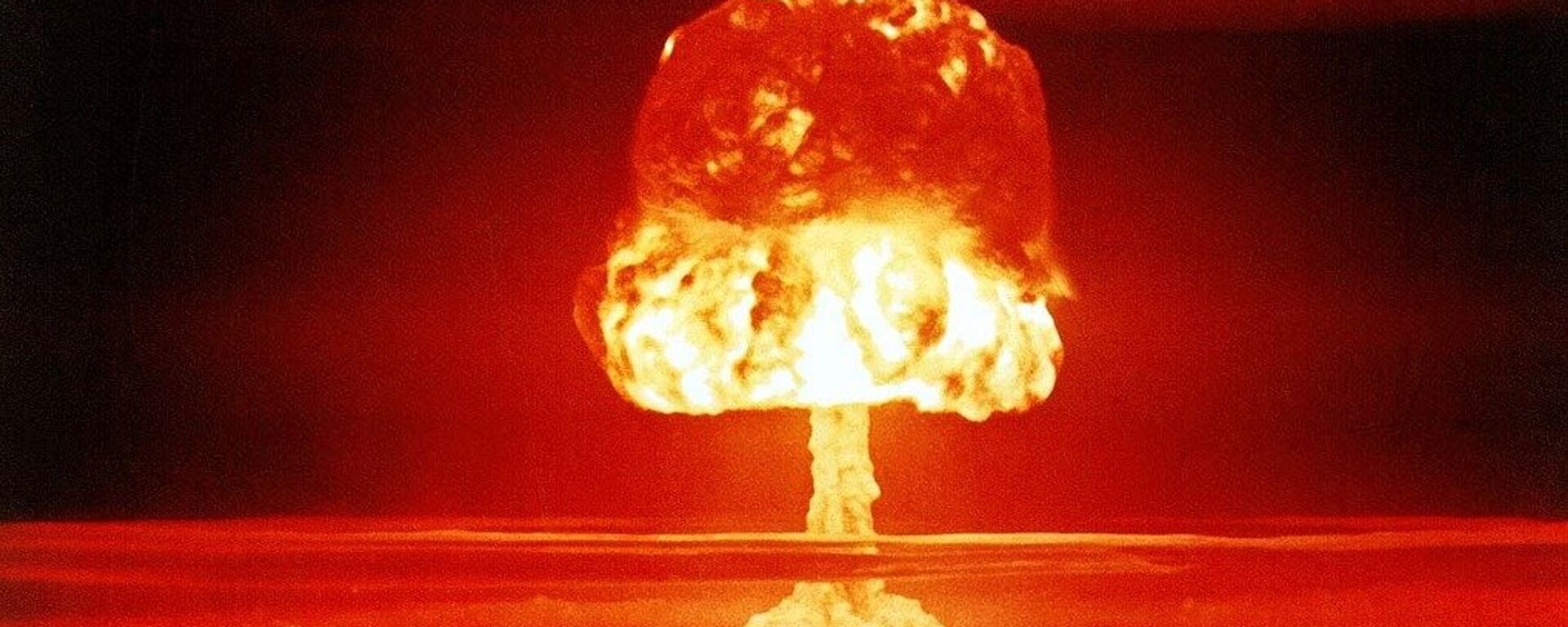https://sputnikglobe.com/20220816/us-ramping-up-strike-capabilities-in-asia-pacific-working-on-missile-deployment-russian-military-1099648468.html
US Ramping Up Strike Potential in Asia-Pacific, Working on Missile Deployment: Russian General Staff
US Ramping Up Strike Potential in Asia-Pacific, Working on Missile Deployment: Russian General Staff
Sputnik International
The United States began testing new ground-based medium-range ballistic missiles and probing Asia-Pacific countries' willingness to host them immediately after... 16.08.2022, Sputnik International
2022-08-16T11:02+0000
2022-08-16T11:02+0000
2022-10-19T18:35+0000
us
military
missile
asia
https://cdn1.img.sputnikglobe.com/img/107849/73/1078497316_0:14:1000:577_1920x0_80_0_0_86cd65ba7c76170b5f0dfc2ceef87d20.png
The Pentagon is dramatically ramping up its strike capabilities in the Asia-Pacific, and actively working on the diplomatic front to station ballistic, hypersonic and anti-missile interceptor missiles in the region, the Russian General Staff has indicated.Accusing the US of seeking to destroy the region's security architecture, the lieutenant general stressed that Moscow has no plans to create new 'dividing lines' in the region along the example set by Washington, and remains ready to work and cooperate with all of Asia-Pacific nations.According to the General Staff's information, the US is preparing to deploy two new multi-purpose brigades to the Western Pacific by the year 2028, with these forces equipped with long-range strike weapons, including hypersonic missiles with a range of up to 5,500 km."They will be able to defeat critical targets in the Far East, which poses a threat to the security of the Russian Federation," Poznikhir said. "An airfield and warehouses for the storage of nuclear weapons in the area of the Japanese island of Iwo Jima are being considered as a possible base for the medium-range missiles which are being created."The General Staff deputy chief also pointed to US efforts in the area of missile defense - a field of defense research which Washington has poured billions of dollars into after scrapping the Anti-Ballistic Missile Treaty with Russia in 2002.AUKUS Could 'Blow Up' Asia-PacificFor his part, Russian Defense Minister Sergei Shoigu warned that the Australian-British-US AUKUS alliance has the potential to develop into a military-political bloc cooperating with NATO and transferring joint nuclear planning and training to the region."The transfer of the practice of nuclear training from Europe will blow up the region. Although it can be assumed that this is precisely the goal set by the United States," Shoigu said, speaking at the security conference.Earlier in the day, US Air Force Global Strike Command reported on the successful test launch of a Minuteman III intercontinental ballistic missile from California's Vanderberg Space Force Base equipped with a test re-entry vehicle. According to the Air Force, the test was conducted "to demonstrate the readiness of US nuclear forces and to provide confidence in the lethality and effectiveness of the nation's nuclear deterrent."Also Tuesday, speaking at the Moscow security conference and commenting on the continuing diplomatic fallout from US House Speaker Nancy Pelosi's provocative trip to Taiwan, Chinese Defense Minister Wei Fenghe warned that "China cannot be tamed, we are not afraid of the forces of evil, as well as any enemies. We are determined and ready to fight with any enemy."
https://sputnikglobe.com/20220816/putin-collective-west-purposely-destroying-european-security-system-nato-moving-east-1099639271.html
https://sputnikglobe.com/20220803/npt-us--nato-leading-provocations--creating-conditions-for-nuclear-scenario-scholar-warns-1098084298.html
https://sputnikglobe.com/20220816/beijing-warns-supporters-of-taiwans-independence-they-will-be-severely-punished-1099641369.html
Sputnik International
feedback@sputniknews.com
+74956456601
MIA „Rossiya Segodnya“
2022
News
en_EN
Sputnik International
feedback@sputniknews.com
+74956456601
MIA „Rossiya Segodnya“
Sputnik International
feedback@sputniknews.com
+74956456601
MIA „Rossiya Segodnya“
us, missile
US Ramping Up Strike Potential in Asia-Pacific, Working on Missile Deployment: Russian General Staff
11:02 GMT 16.08.2022 (Updated: 18:35 GMT 19.10.2022) The United States began testing new ground-based medium-range ballistic missiles and probing Asia-Pacific countries' willingness to host them immediately after walking out of the Intermediate-Range Nuclear Forces (INF) Treaty with Russia in 2019.
The Pentagon is dramatically ramping up its strike capabilities in the Asia-Pacific, and actively working on the diplomatic front to station ballistic, hypersonic and anti-missile interceptor missiles in the region, the Russian General Staff has indicated.
"[America's] strike potential is growing. The possibility of the deployment of medium-range ballistic missiles on the territory of Asian nations, first and foremost Japan, is being worked out," General Staff Main Operational Directorate deputy chief Viktor Poznikhir said, speaking at the Moscow Conference on International Security on Tuesday.
Accusing the US of seeking to destroy the region's security architecture, the lieutenant general stressed that Moscow has no plans to create new 'dividing lines' in the region along the example set by Washington, and remains ready to work and cooperate with all of Asia-Pacific nations.
"The White House seeks to destroy the mechanisms of the ASEAN dialogue, to divide the common security space of the Asia-Pacific region," Poznikhir said.
According to the General Staff's information, the US is preparing to deploy two new multi-purpose brigades to the Western Pacific by the year 2028, with these forces equipped with long-range strike weapons, including hypersonic missiles with a range of up to 5,500 km.
"They will be able to defeat critical targets in the Far East, which poses a threat to the security of the Russian Federation," Poznikhir said. "An airfield and warehouses for the storage of nuclear weapons in the area of the Japanese island of Iwo Jima are being considered as a possible base for the medium-range missiles which are being created."

16 August 2022, 07:08 GMT
The General Staff deputy chief also pointed to US efforts in the area of missile defense - a field of defense research which Washington has poured billions of dollars into after scrapping the Anti-Ballistic Missile Treaty with Russia in 2002.
"Washington is actively building up the Pacific segment of its global missile defense system. In turn, Tokyo is rapidly creating a national missile defense system to complement the US global missile defense system," Poznikhir said. "The implementation of these plans by the United States is leading to the destabilization of the situation, to the escalation of tensions in the region, and also provokes the improvement of and buildup of the missile potential of other nations, ultimately leading to an uncontrolled arms race," he warned.
AUKUS Could 'Blow Up' Asia-Pacific
For his part, Russian Defense Minister Sergei Shoigu warned that the Australian-British-US AUKUS alliance has the potential to develop into a military-political bloc cooperating with NATO and transferring joint nuclear planning and training to the region.
"The transfer of the practice of nuclear training from Europe will blow up the region. Although it can be assumed that this is precisely the goal set by the United States," Shoigu said, speaking at the security conference.
Earlier in the day, US Air Force Global Strike Command
reported on the successful test launch of a Minuteman III intercontinental ballistic missile from California's Vanderberg Space Force Base equipped with a test re-entry vehicle. According to the Air Force, the test was conducted "to demonstrate the readiness of US nuclear forces and to provide confidence in the lethality and effectiveness of the nation's nuclear deterrent."
Also Tuesday, speaking at the Moscow security conference and commenting on the continuing diplomatic fallout from US House Speaker Nancy Pelosi's provocative trip to Taiwan, Chinese Defense Minister Wei Fenghe warned that "China cannot be tamed, we are not afraid of the forces of evil, as well as any enemies. We are determined and ready to fight with any enemy."

16 August 2022, 08:46 GMT





